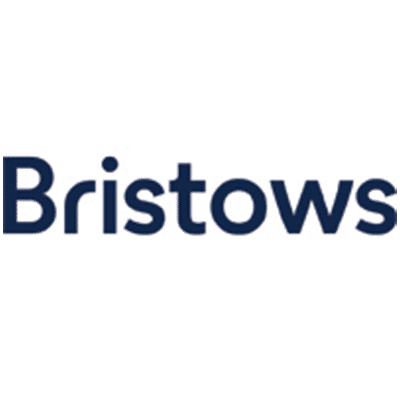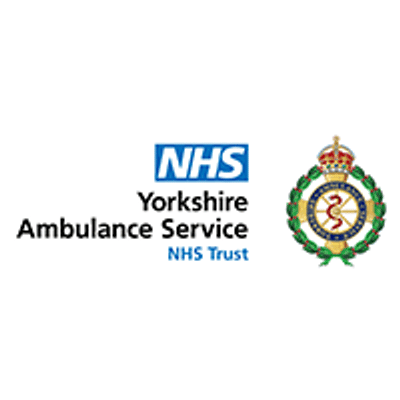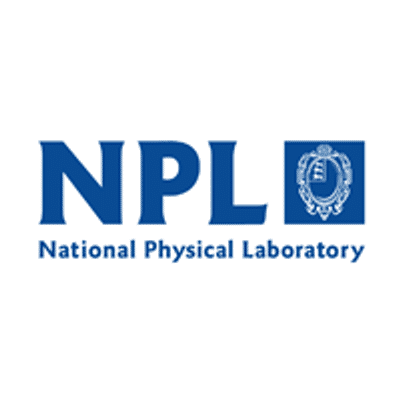
Pharmaceutical Apprenticeships
Pharmaceutical apprenticeships are changing the game, offering hands-on experience, industry-recognised qualifications, and a salary from day one.
Whether you're passionate about science, curious about clinical trials, or drawn to the cutting-edge world of medicine manufacturing, there's an apprenticeship route that can get you there, without the traditional classroom path. Read on to find out more about them and how to apply.

Can you get an apprenticeship in pharmaceuticals?
Yes! You can!
A pharmaceutical apprenticeship is a great way to launch your career in the industry. Not only will you get all the qualifications without the university debt, but you’ll also earn a paid salary and enjoy company benefits. That’s pretty awesome if you ask us.
Pharmaceutical apprenticeships offer hands-on training combined with academic study, allowing you to earn while you learn in roles across the pharmaceutical industry. These programs are typically open to school leavers, graduates, or career changers and range from intermediate to degree-level apprenticeships, depending on the role.
Common areas include laboratory science, pharmacy services, manufacturing, quality control, and regulatory affairs.
You can jump into this career from age 16 with a level 3 apprenticeship if you wanted to. Or, you can undertake a degree apprenticeship as an alternative to university once you’ve turned 18.
How does a pharmaceutical apprenticeship work?
A pharmaceutical apprenticeship is a great way to break into the pharmaceutical and life sciences industry without going down the traditional full-time university route.
As an apprentice, you’ll split your time between working at a real pharmaceutical company, like GSK, Pfizer, AstraZeneca, or a smaller biotech firm, and studying towards a qualification at a college or university.
These apprenticeships typically last between one and five years, depending on the level. For example, you might start with a Level 3 apprenticeship, or go straight into a degree-level (Level 6 or 7) apprenticeship if you meet the entry requirements.
During that time, you may work on real projects in areas like drug development, quality control, research, lab science, data analysis, or even pharmaceutical manufacturing and engineering.
One of the biggest advantages is that you’ll earn a salary. If you choose a degree apprenticeship, your employer and the government will also cover your tuition fees. So you can build experience, earn industry-recognised qualifications, and get a strong foothold in the sector - all without student debt!
Better yet, many pharmaceutical apprentices are offered permanent roles after completing their program, giving you a clear path to grow your career in one of the world’s most important and innovative industries.
What types of pharmaceutical apprenticeships are there?
There are quite a few different areas of pharmaceutical apprenticeships that you can specialise in, leading to a rewarding career in this industry. What you can apply to depends on whether you leave school at 16 or 18, plus what qualifications you have.
Here are a few to give you an idea:
LABORATORY SCIENCE
These focus on roles in research and development, quality control, or analytical testing. Apprentices learn how to conduct experiments, analyse data, and support the development of new medicines. They often lead to roles like lab technician, scientist, or research associate.
PHARMACY SERVICES
Typically based in hospital or community pharmacies, these apprenticeships train individuals to support pharmacists in dispensing medication, advising patients, and managing stock. They can lead to roles like pharmacy assistant or pharmacy technician.
PHARMACEUTICAL MANUFACTURING
These programs train apprentices to work in the production of medicines, including operating machinery, ensuring product quality, and following strict health and safety procedures. They often lead to roles such as process technician or manufacturing operator.
QUALITY AND REGULATORY
These focus on ensuring that pharmaceutical products meet legal and safety standards. Apprentices may help prepare documentation, carry out audits, or assist in regulatory submissions. Career paths can include a quality assurance associate or a regulatory affairs specialist.
CLINICAL TRIALS AND DATA
These roles support clinical research by managing data, coordinating trial logistics, or monitoring compliance. They are ideal for those interested in the clinical development side of pharma
This is just the tip of the iceberg. If there are any that take your fancy, you should see what opportunities we have available.
Can you go into medicine after an apprenticeship?
Yes, but it’s not the usual route, and it depends on the kind of apprenticeship you do. If you’re thinking of becoming a doctor, you generally need to complete a medical degree, and most medical schools still require traditional A-levels (including chemistry and often biology) and a full-time university course.
However, things are starting to change. In England, a new Medical Doctor Degree Apprenticeship is being developed, which would allow people to train as doctors through an apprenticeship route, earning while they learn and working in the NHS. It’s still quite new and limited to a few areas, so it’s not yet widely available, but it’s expected to grow over the next few years.
If you’re currently doing an apprenticeship in healthcare, like a Healthcare Assistant or Nursing Associate, you could also use that as a stepping stone. With the right qualifications and experience, you might apply for a university medical degree later on, or pursue related careers like nursing, paramedicine, or physician associate roles.
Which companies offer apprenticeships in pharmaceuticals?
There are several companies that offer apprenticeships in science, research and pharmaceuticals all around the UK. Check out the ones we have listed below:
Here is what an apprentice had to say about their time with AstraZeneca:

‘This experience has been incredibly exciting for me. From day one, I've enjoyed every moment and embraced new challenges. I've learned so many new skills and absolutely love being in the workplace. It's great to be saving money while gaining essential skills as a laboratory scientist and seeing a bright future ahead of me gives me peace of mind. This program has really pushed me out of my comfort zone, and I'm so grateful for that.’ Bioanalysis Degree Apprentice, AstraZeneca
What GCSEs and A-levels do you need for a pharmaceutical apprenticeship?
Each employer will have their own criteria, but different levels of apprenticeships tend to have their set requirements. Let’s break this down:
Level 2
Some ask for two or more GCSEs graded at 9 to 4 (A* to C). However, lots of Level 2 apprenticeships don’t require GCSEs.
Level 3
Five GCSEs graded 9 to 4 (A* to C) or a Level 2 apprenticeship.
Level 4/5 (Higher)
Two A-levels or equivalent (like a BTEC or an NVQ/SVQ). You need to be age 18+.
Level 6/7 (Degree)
Three A-levels graded at A* to C or equivalent. You need to be age 18+
It’s likely that science-related apprenticeships will ask for A-levels and GCSEs in chemistry and biology, but it’s best to check with the employer.
How much do you get paid for pharmaceutical apprenticeships?
On average, according to the reviews on Higherin, pharmaceutical apprentices get paid around £23,000 annually. This is for all types of pharmaceutical areas - some will pay higher than others.
The exact salary will also depend on the company and where the scheme is based. If you are located in London, you can expect to earn more to help cover your living expenses. It will also depend on what level you are doing.
Below we have listed the average earnings of a pharmaceutical apprentice at different levels.
This is only the beginning, though. A pharma apprenticeship opens up so many avenues, including routes to management and larger salaries!
How to apply for a pharmaceutical apprenticeship
The best time to apply for pharmaceutical apprenticeships is from September the year before you want to start. However, don’t stress, we have roles live all year round here on Higherin. So you can search for a pharmaceutical apprenticeship here.
Make sure you’re ready for the apprenticeship application process. Perfect your CV and cover letter writing so you can progress to the next stage. This will likely include an interview.

























